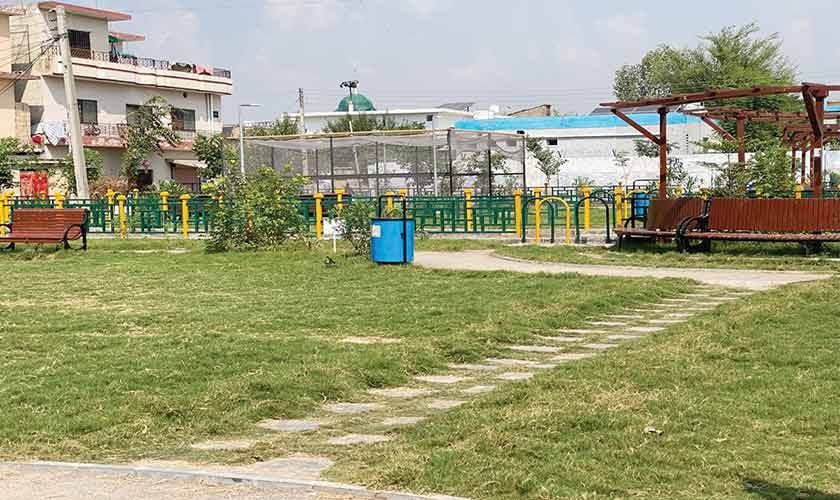PHOENIX — Despite previously expressing confidence that an agreement on Colorado River usage would be reached, Arizona Governor Katie Hobbs now says meeting the February 14 deadline is unlikely.
Hobbs and the other basin state governors met in Washington, D.C., on Friday to discuss the ongoing negotiations. Speaking Monday from the nation’s capital, Hobbs acknowledged the difficulties faced during talks.
“We were clearly at an impasse. I feel like we’re at a place where we can start to move past that now,” Hobbs said. “I think we’ll be on a path to get to a deal—not a deal by February 14, but on February 14, be on a path to get to a deal.”
The governor attributed the slow progress to the challenge of balancing “firm commitments” with what are considered both “voluntary cuts and mandatory cuts.” Regarding Arizona specifically, Hobbs made it clear that the state will not exceed a 27% reduction in river water cuts.
On Friday, Hobbs shared on X that she was “encouraged” by the willingness of upper basin leaders—from Colorado, New Mexico, Utah, and Wyoming—to transform water conservation programs into firm commitments for water savings. The meeting was also notable as the first time all basin state governors were gathered in the same room during the negotiation process.
“Without the federal government exerting some pressure and influence to get to a deal, we are going to continue to be at an impasse,” Hobbs noted. “I think leaders in the U.S. Department of the Interior heard more clearly from us all in this setting. They’ve spoken to us individually but now, with everyone in the same room, we’ve laid out what we all need to reach a deal.”
### Hobbs Reassures Arizona Will Get Its ‘Fair Share’ in Colorado River Agreement
Governor Hobbs emphasized that Arizonans need not fear dramatic impacts to river access. She stressed that her advocacy for the state’s “fair share” aligns with Arizona’s critical role in the semiconductor industry, which remains a priority under the Trump administration.
“We’ll continue to push to make sure that we get our fair share and that those making major investments in Arizona see those investments pay off,” Hobbs said.
She also underscored that litigation is not a desired outcome for any party involved in the negotiations.
“While we didn’t leave this meeting with a lot of specifics, the details are to be worked out in continued negotiation,” Hobbs explained. “Certainly for me, as the governor with the most skin in the game or the most water on the table, I felt more heard by the upper basin states than we’ve seen in the negotiations so far.”
https://ktar.com/arizona-water-news/hobbs-colorado-river-update/5816282/
